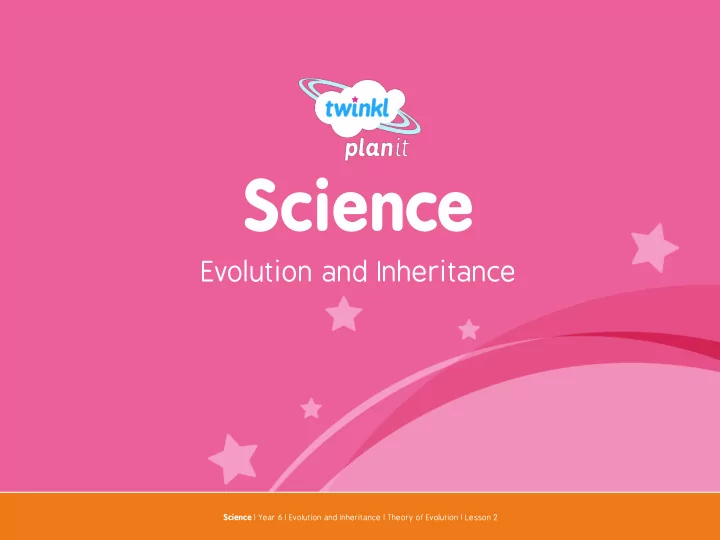
Science Evolution and Inheritance Year One Science | Year 6 | - PowerPoint PPT Presentation
Science Evolution and Inheritance Year One Science | Year 6 | Evolution and Inheritance | Theory of Evolution | Lesson 2 Ai Aim I can identify the key ideas of the theory of evolution. Succe Success Cri Criteri ria I can demonstrate
Science Evolution and Inheritance Year One Science | Year 6 | Evolution and Inheritance | Theory of Evolution | Lesson 2
Ai Aim • I can identify the key ideas of the theory of evolution. Succe Success Cri Criteri ria • I can demonstrate understanding of how ideas about evolution developed over time. • I can explain the terms adaptation, evolution and natural selection.
Ke Key Vocabulary What is adaptation ? What is evolution ? Have your ideas changed? If so, how? Who are the key scientists that came up with the theory of evolution ?
Theory o Theo of E Evolut utio ion I was a Roman philosopher and I wrote a poem called I was a T aoist philosopher . We believed that plants I believed that the first animals lived in water during ‘On the Nature of Things’ , which explained my and animals did change and that the species were I thought that the first animals and plants were like a wet phase of the Earth’s past. I thought that the understanding. I thought the goddess Gaia had Th The Ancients ts (BC (BC) not fixed. We also speculated about how the disjointed parts of the ones we see now , some of first land dwelling ancestors of humans would have spontaneously generated lots of different species in environment affected the attributes of different which survived by joining in different combinations. been born in the water and then spent some of the past. I posited that only those that functioned the living things. In general, T aoists thought that all Even though the ones that survived seem like they their life on land. Furthermore, I argued that the best survived and had offspring. However , I thought living things, the Earth and the heavens were in a were created that way, I thought this was this was the result of abiogenetic events (where life first human would have been the child of a different state of constant transformation rather than fixed. accidental. arises from non-living things) for each species rather type of animal. than just one event that led to lots of different hide hide hide hide species. Anaximander Empedocles Epicurus Zhang Zhou of Miletus (c.610 – 546 BC) (c.490 – 430 BC) (c.341 – 270 BC) (c.369 – 286 BC) Click a head to find out more about them!
I put forward a basic theory of evolution of species almost 600 years I was a Catholic bishop and a theologian (someone who studies before Darwin! I believed that the universe consisted of equal and the idea of God and the nature of religious ideas). I wrote a book Theo Theory o of E Evolut I argued that humans developed from the world of utio ion similar elements. Internal changes occurred and these elements called ‘De Genesi ad litteram’ which means ‘On the Literal monkeys by a process that led to numerous developed faster and became different to each other . These changed Meaning of Genesis’ . Genesis is a chapter about how life began, I noticed patterns of how animals preyed on those over time to develop in minerals that developed into three types of species. I thought that the cleverness and which is part of both the Jewish T orah and the Christian Bible. I Th The Ancients who were weaker than them but were in turn eaten ts (AD) ) to to th the Mi Middle Ages living things – plants, animals and humans. I believed that those perception of monkeys was transformed into the thought that Genesis should not be taken literally. I believed that by animals who were stronger . I argued that all organisms that could gain new features could gain an advantage over human ability to think and reflect. I believed that God created life but that living things had been transformed slowly animals struggled for existence, resources, to breed those that did not. In terms of living things, I thought that some all animals and plants were connected to others in over time. I also thought that certain creatures were not formed and avoid being eaten. Those that were successful animals were more advanced than others and that humans this way. Living things were able to transform from on the fifth and sixth day, rather insects, worms and spiders had were better able to survive. developed from those advanced animals. I argued that humans came one thing to another . originated later from rotting remains of animals. hide from apes that lived in Western Sudan (in Africa). hide hide hide Ibn Khald ū n Augustine of Al-Jahiz Tusi Hippo (354 – 430) (776 – 868) (1332 – 1406) (1332 – 1406) Click a head to find out more about them!
I believed that many of the species were actually just I am Charles Darwin’s grandfather . I was a hysiologist and Theory o Theo of E Evolut utio ion varieties of an animals which had been modified from the I thought that transmutation of species did occur physician. I wrote a book called ‘Zoonomia’ in which I said that ‘one and the same kind of living filament is and has been original animal due to environmental factors. For example, (transmutation was the word we used before it the cause of all organic life’ . That is to say that all living things An Anticipating the Theory y of Evolution I believed that lions, tigers, leopards and house cats all had started to be called evolution). I thought that living I was a French mathematician and philosopher . have a common ancestor . I also believed that the strongest a common ancestor . I also thought that all the mammals things inherited traits that enabled them to adapt I thought that natural modifications occur and most active animals would reproduce and as a result the had descended from as few as 38 original animal types. I better to their environment. I did not have the when living things reproduce and this can species would be improved. My book was very radical and studied and compared the skeletons of different animals, evidence to really support my idea. Also, I did not result in new varieties of the living thing as controversial. I was banned by the Vatican as my views including humans and apes but did not believe that they think that all living things shared a common ancestor . well as lead to new species. suggested that living things were not created by a god. did have a common ancestor . hide hide hide hide Pierre Louis Georges-Louis Erasmus Lamarck Maupertuis Leclerc Darwin (1698 – 1759) (1707 – 1788) (1731 – 1802) (1774 – 1829) Click a head to find out more about them!
I wrote about population (the number of people), not transmutation or evolution. However , my books were Theory o Theo of E Evolut utio ion I wrote a book anonymously (which means that no-one I was very influenced by Lamarck’s work on widely read and influenced scholars of other fields. This knew it was my book) called ‘Vestiges of the Natural transmutation and evolutionism. I proposed that animals included the idea that if populations grew then they History of Creation’ , in which I proposed that the Solar and plants had a common evolutionary start point from Anticipating the Theory An y of Evolution would struggle to survive as food would become scarcer . which they then diverged. I was one of Charles Darwin’s System and Earth evolved, as well as living things on In this case, some would die of disease or hunger , which Earth. I had investigated fossils and believed that all living professors at the University of Edinburgh. It is here that would lead to a decrease in the population. While I was things branched off to become different species, he started to read books about transmutation and learnt talking about humans, this idea was applied to all living including humans. While a lot of people debated my previous ideas about the evolution of life. things by Darwin and Wallace. hide ideas, there were many who disagreed with them. hide hide Thomas Robert Robert Edmond Robert Malthus Grant Chambers (1766 – 1834) (1731 – 1802) (1774 – 1829) Click a head to find out more about them!
Theory o Theo of E Evolut utio ion Da Darwin and the HMS Beagle From a young age I was fascinated by living things and studied them. I trained to be a doctor but could not deal with all the blood! So I studied plants and animals instead. When I was 22 years old I was able to go on the most fascinating journey to the Galapagos Islands, which took 5 years! It was in the Galapagos Islands that I studied different animals and started to come up with my greatest theory: the theory of evolution. It was the different types of finches (and nightingales) that really got me thinking. hide Charles Darwin (1809 – 1882)
Theo Theory o of E Evolut utio ion Th The Galapagos Finches I observed that there were lots of different types of finches. People believed that these were different species of birds that happened to have some similarities. However , I realised that these birds were varieties of the same species and were related.
Theo Theory o of E Evolut utio ion Th The Galapagos Finches I thought that all the Galapagos finches had originated from one type of finch. The parents reproduced and created offspring. These offspring would have varied.
Theo Theory o of E Evolut utio ion Th The Galapagos Finches In one part of the Galapagos Islands, bad weather affected the plants and so only those with larger seeds were left. Those finches who had slightly larger beaks were able to eat these seeds while those with smaller beaks could not.
Recommend
More recommend
Explore More Topics
Stay informed with curated content and fresh updates.
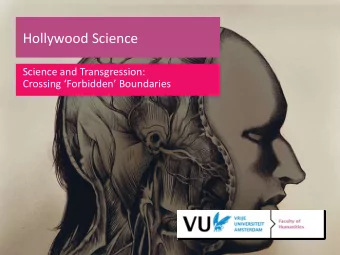
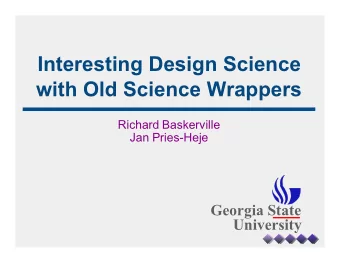
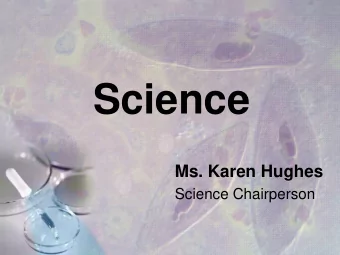
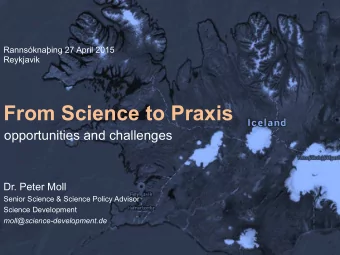
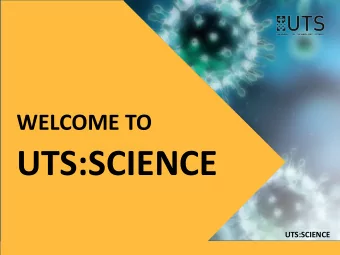
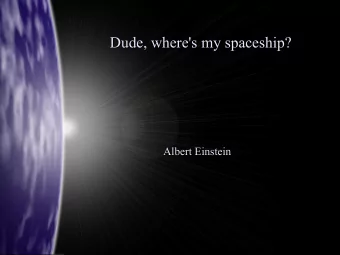
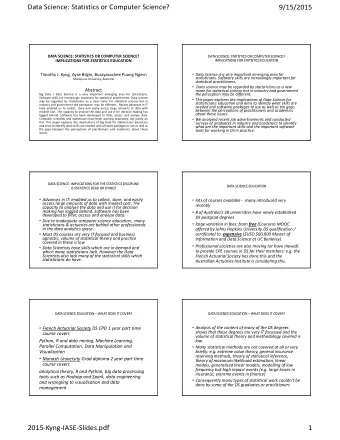
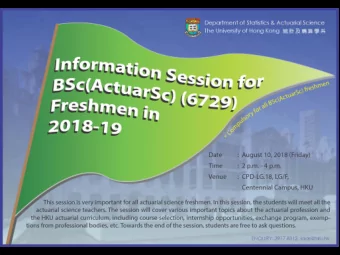
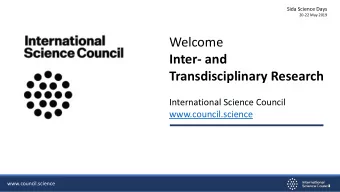


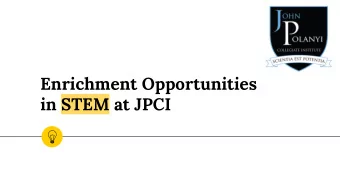
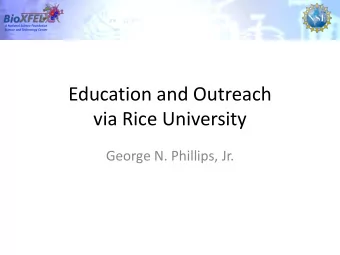
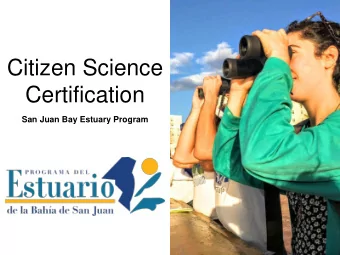
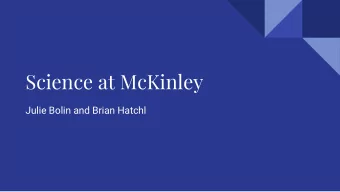

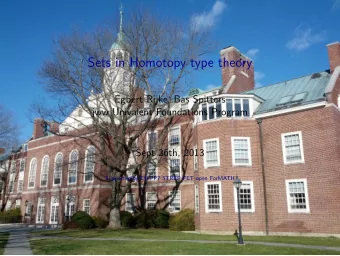
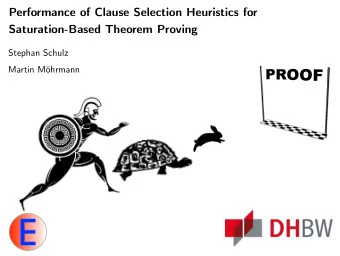


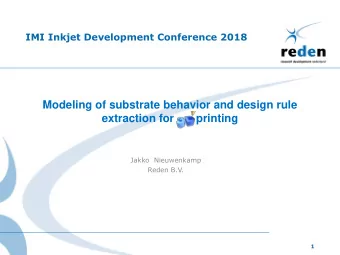
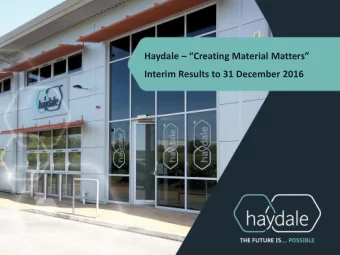

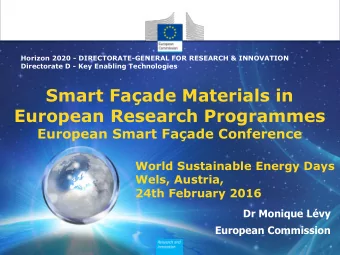
 Sambuz
Sambuz